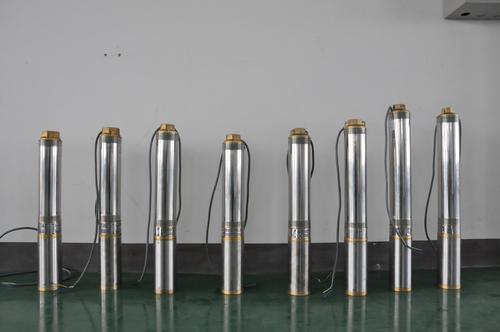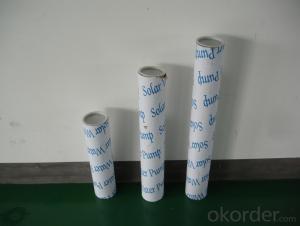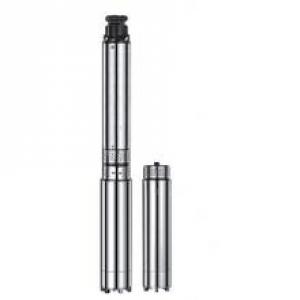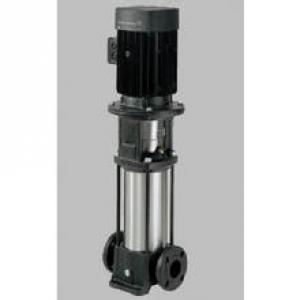Deepwell Water Fountain Solar Pump
- Loading Port:
- Shanghai
- Payment Terms:
- TT OR LC
- Min Order Qty:
- -
- Supply Capability:
- 300 set/month
OKorder Service Pledge
Quality Product, Order Online Tracking, Timely Delivery
OKorder Financial Service
Credit Rating, Credit Services, Credit Purchasing
You Might Also Like
how is the rotor made:
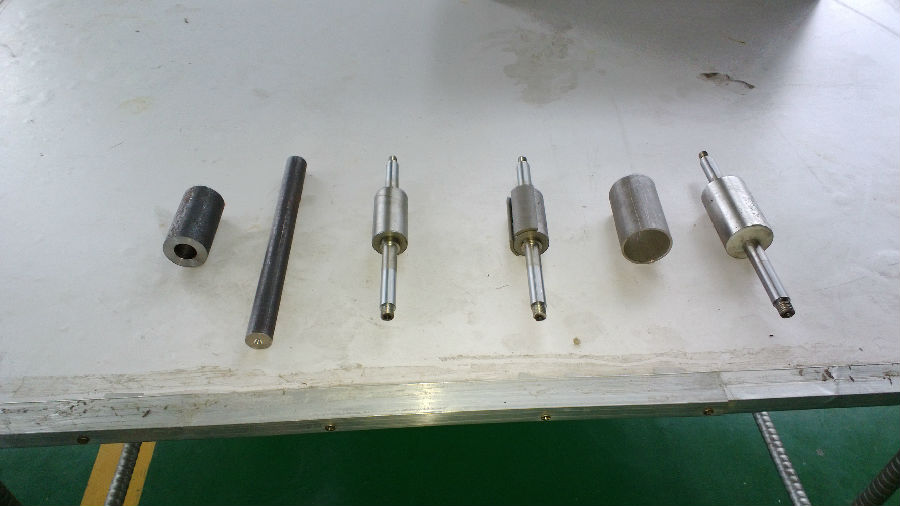
how is the motor made:
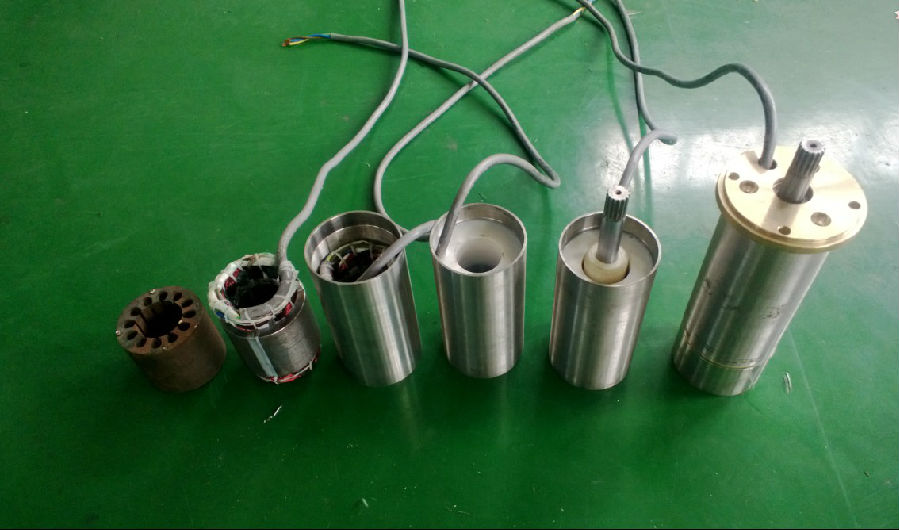
the pump :
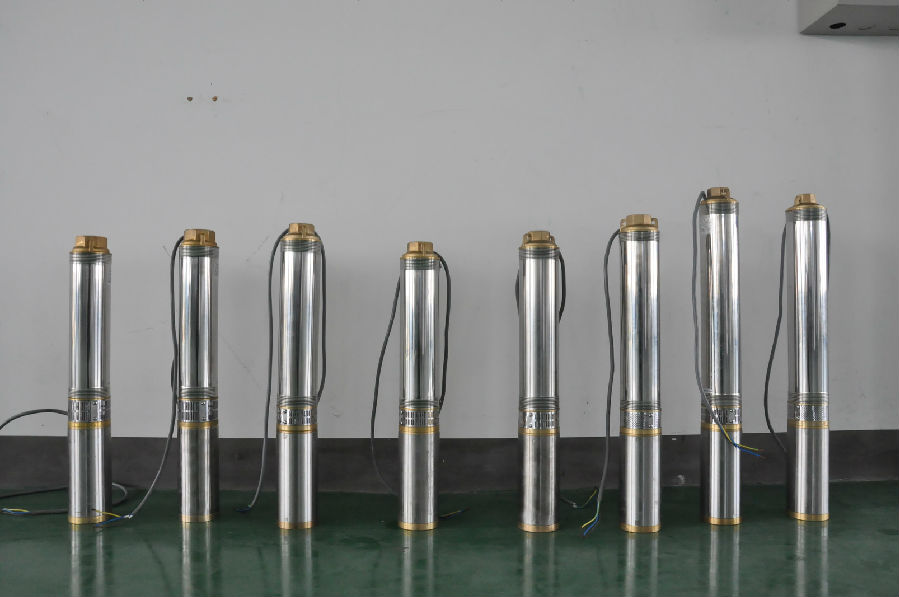
controller terminal connection:
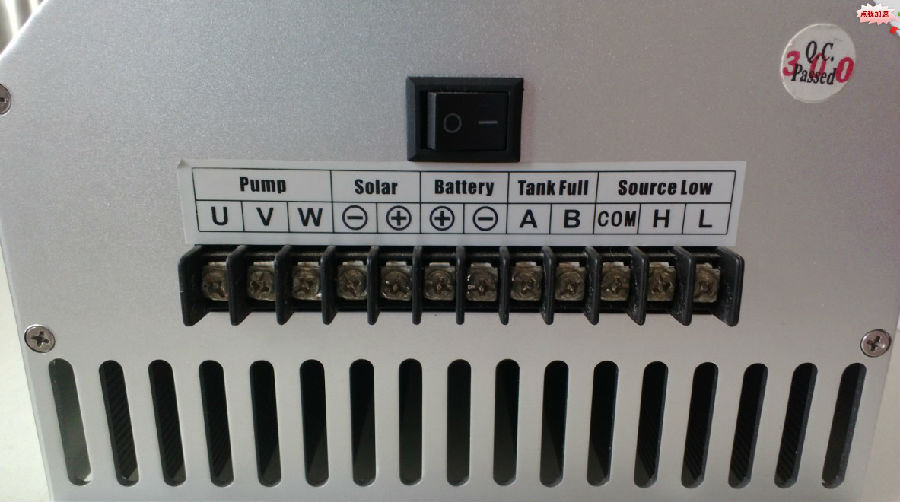
The permanent magnet:

the impeller:
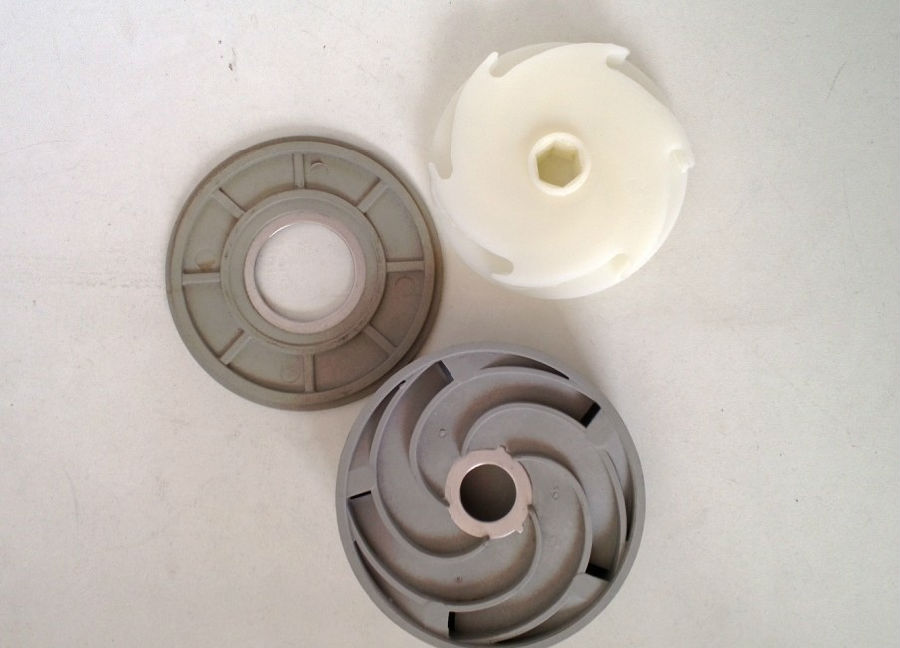
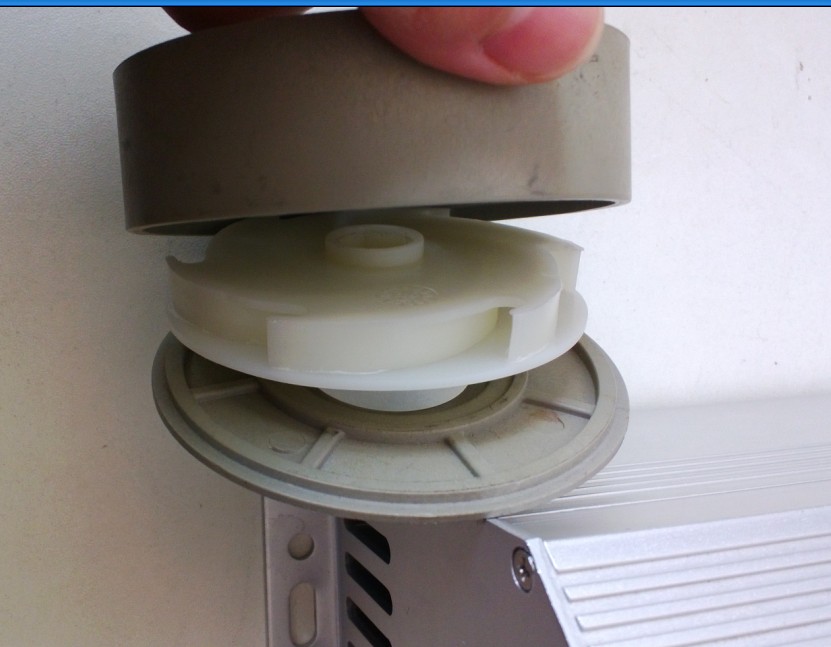
controller box:
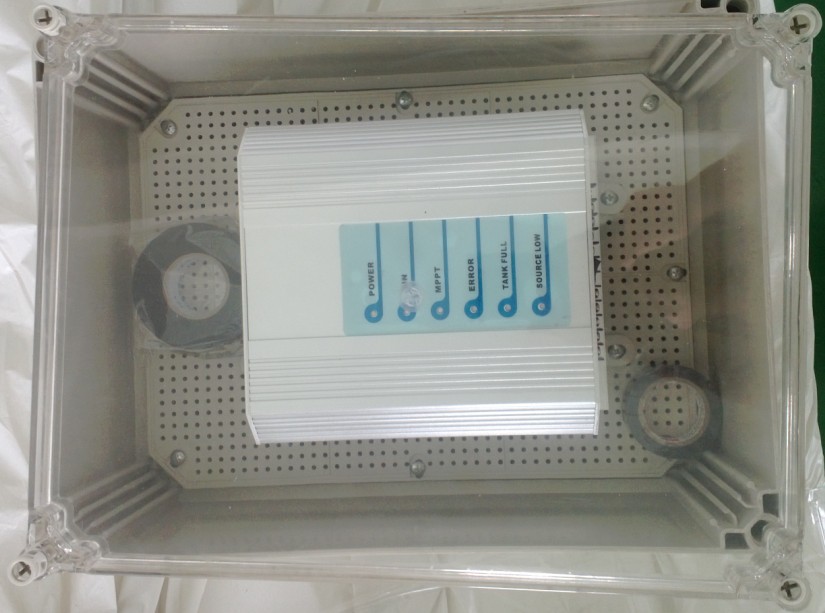
the senors:
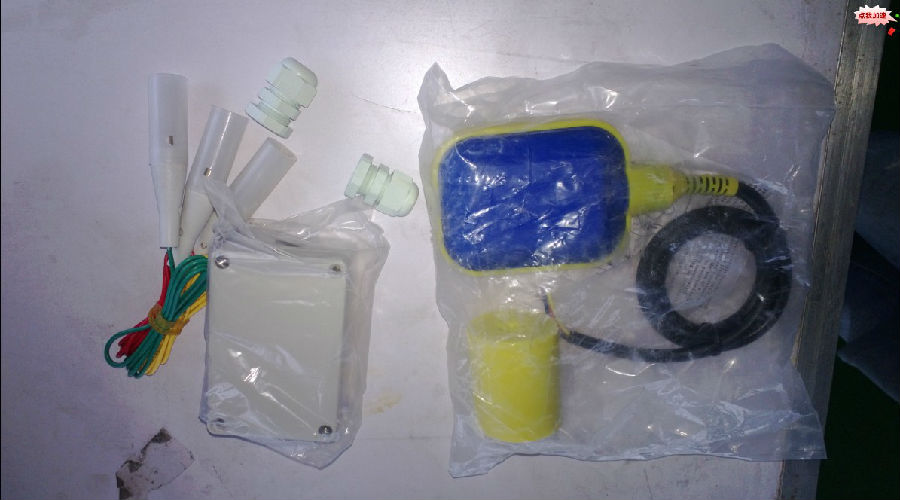
the test:
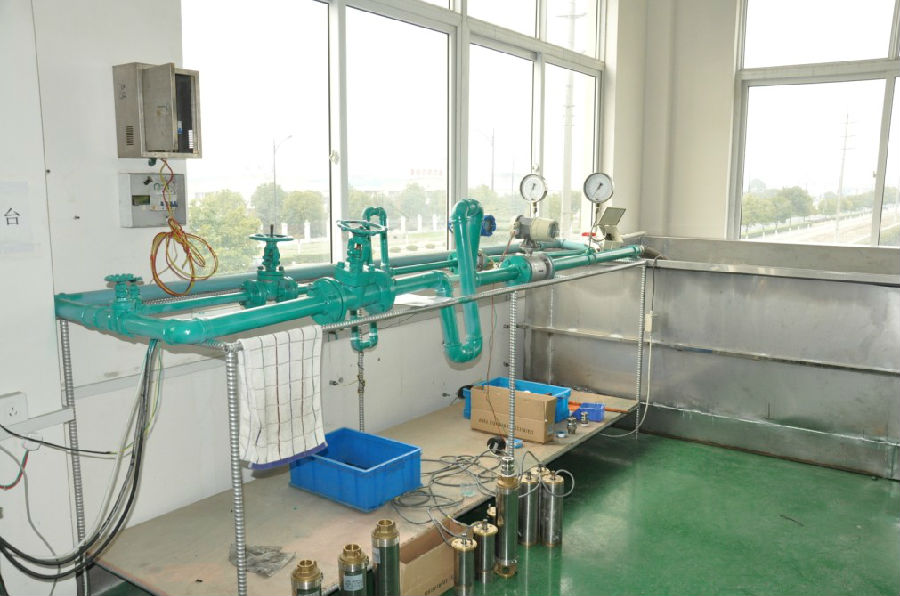
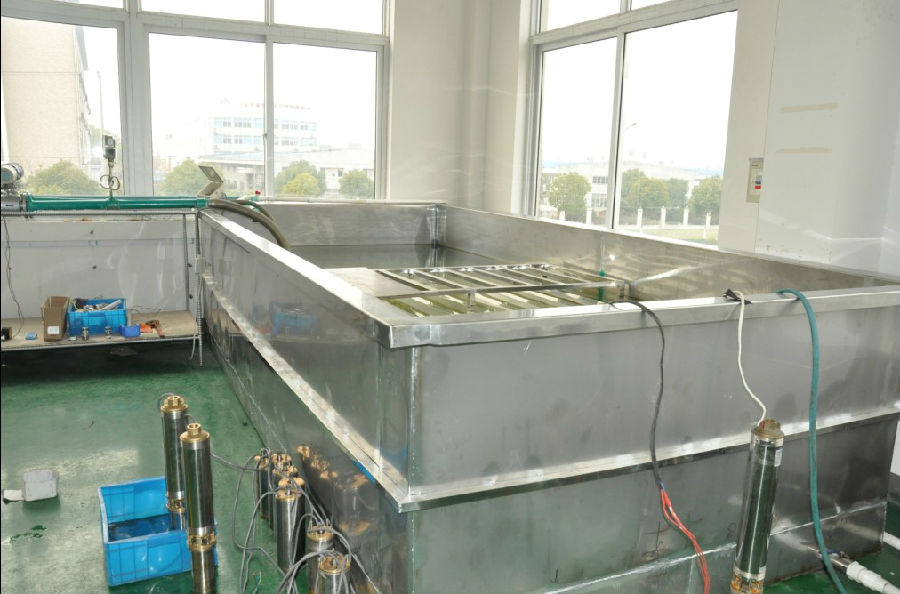
the application:
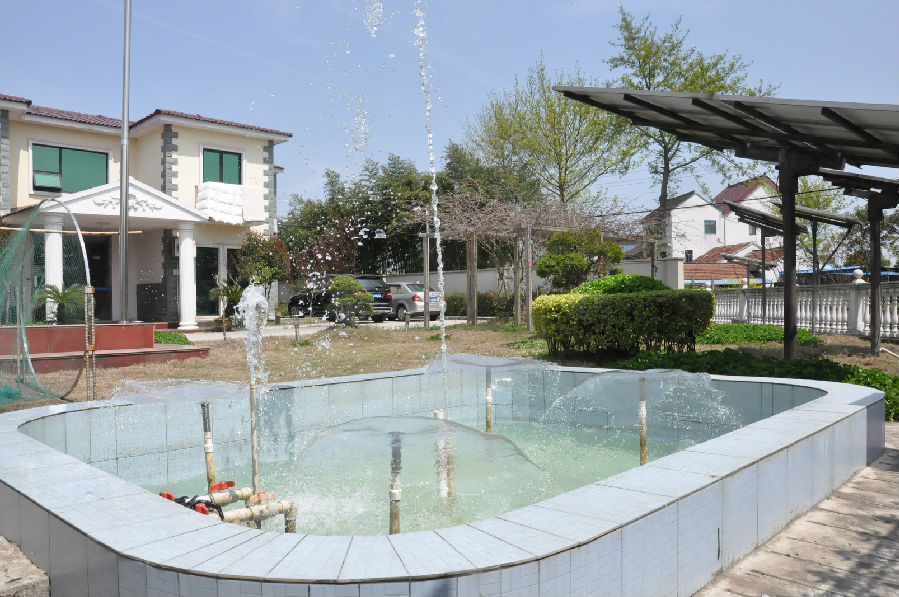
the package:
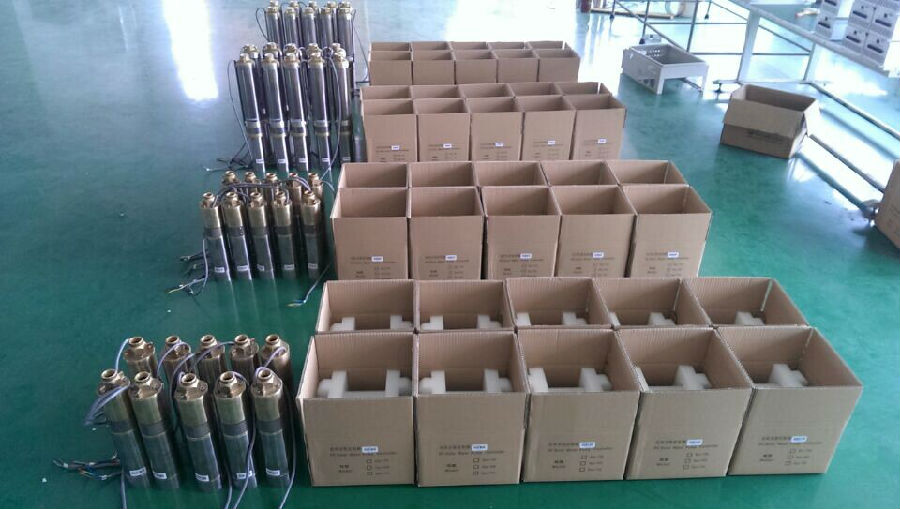
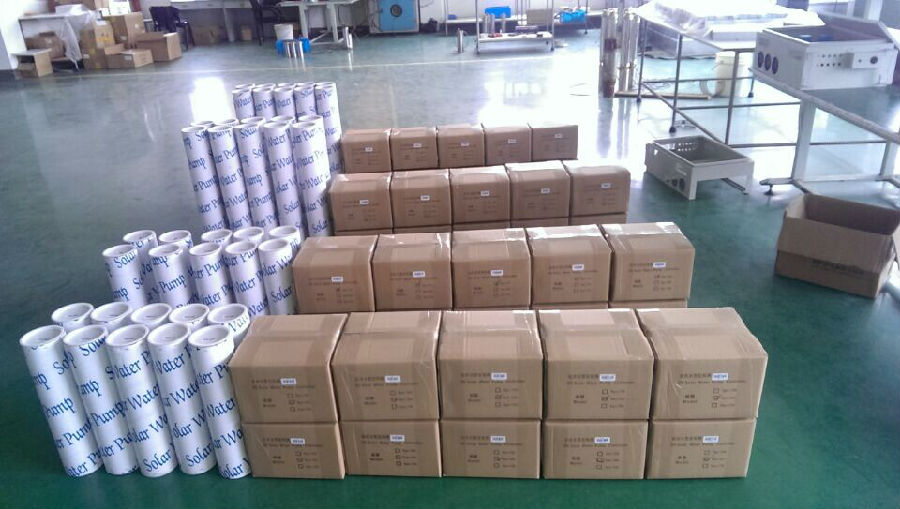
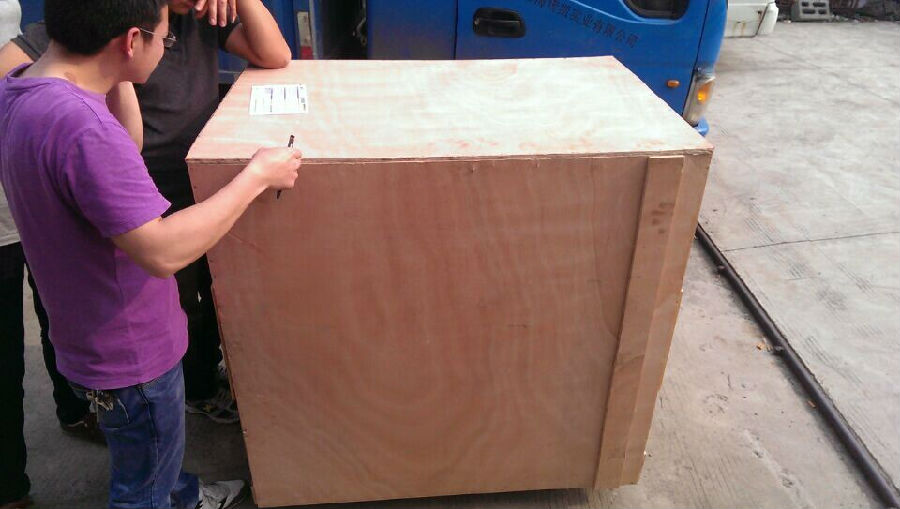
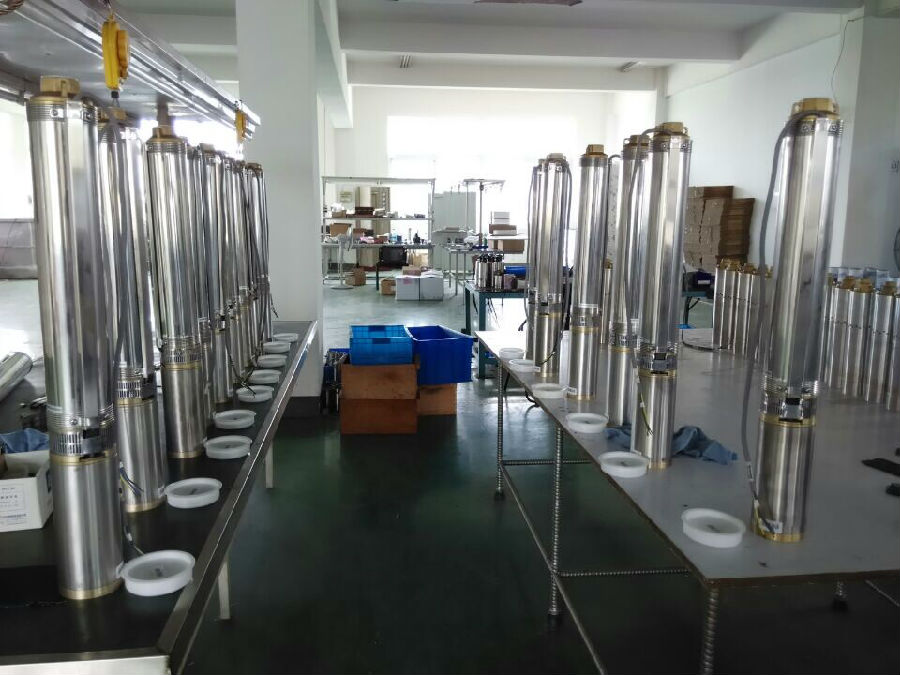
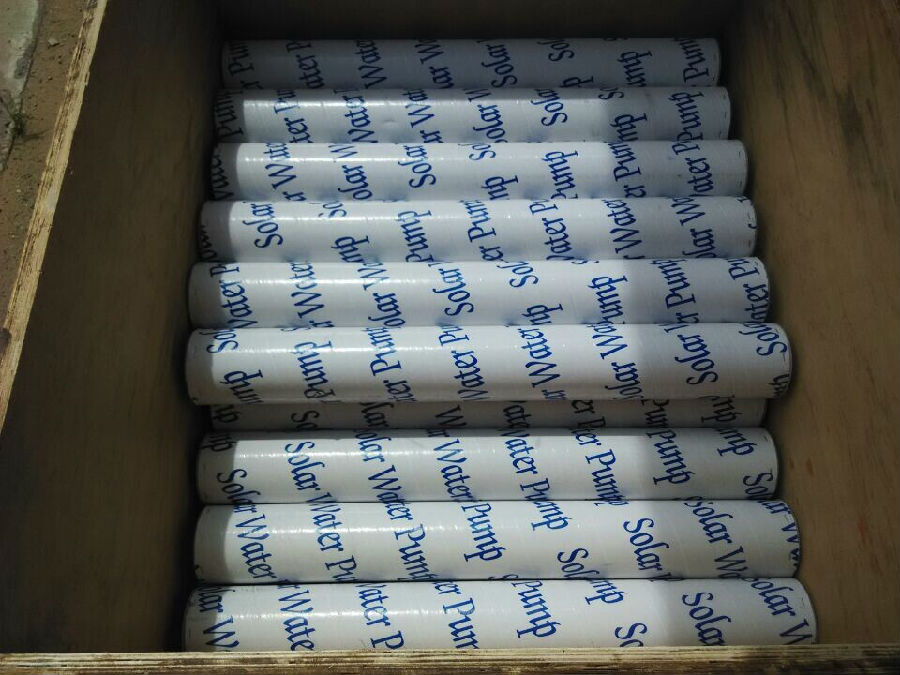
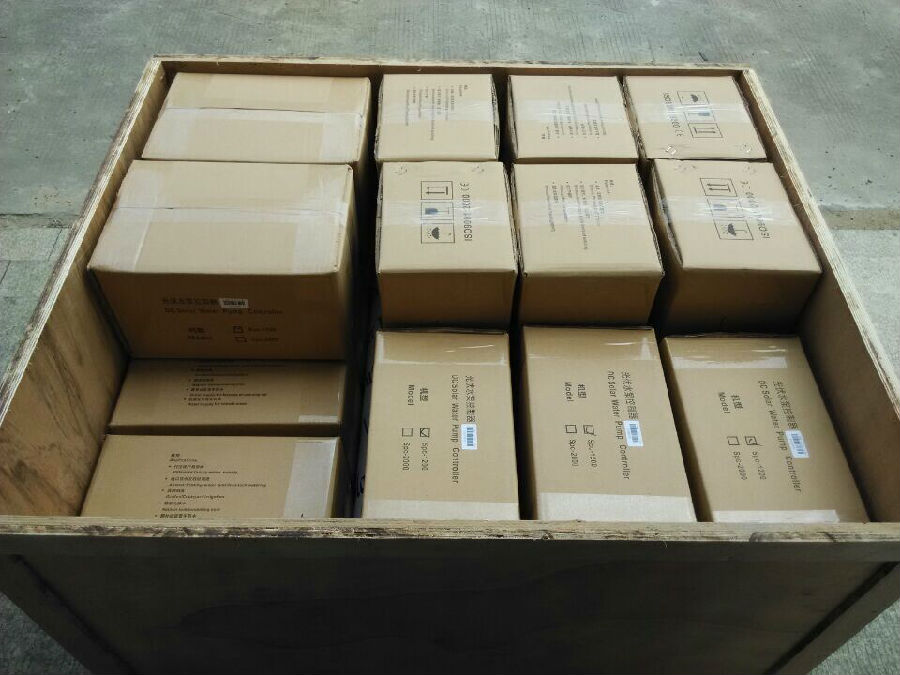
- Q: How does a solar pump handle water source contamination from mining activities?
- A solar pump itself does not directly handle water source contamination from mining activities. However, it can be used as a tool to access alternative water sources that are not affected by mining activities. By utilizing a solar pump, clean water from underground sources or nearby rivers can be extracted and used instead, mitigating the risk of contamination from mining activities.
- Q: Can a solar pump be used in residential buildings?
- Yes, a solar pump can definitely be used in residential buildings. In fact, it is an excellent option for residential buildings as it harnesses solar energy to power the pump, reducing electricity costs and minimizing the environmental impact. Solar pumps can be used for various applications in residential buildings such as water supply, irrigation, pool circulation, and heating systems.
- Q: Can a solar pump be used for water transfer between different locations?
- Yes, a solar pump can be used for water transfer between different locations. Solar pumps are designed to utilize solar energy to power the pumping system, allowing for the efficient transfer of water without the need for external power sources or electricity. This makes them ideal for remote or off-grid locations where traditional power supply is not available.
- Q: Can solar pumps be used for water supply in remote fishing villages or coastal communities?
- Yes, solar pumps can indeed be used for water supply in remote fishing villages or coastal communities. Solar pumps are a reliable and sustainable solution, as they use solar energy to power the pump and provide water for various purposes such as drinking, fishing, and irrigation. This eliminates the need for costly and unreliable traditional fuel-based pumps, making it a cost-effective and environmentally friendly option for these communities. Additionally, solar pumps can be easily installed and require minimal maintenance, making them suitable for remote locations where access to electricity may be limited.
- Q: What is the lifespan of a solar pump controller?
- The longevity of a solar pump controller can vary based on a number of factors, including the controller's quality, operating conditions, and maintenance. Typically, a well-crafted and adequately maintained solar pump controller can endure for approximately 10 to 20 years. However, it's important to note that controllers of lesser quality may have a shorter lifespan due to inferior materials or components. Moreover, operating conditions significantly influence the lifespan of a solar pump controller. Extreme temperatures, excessive moisture, and exposure to harsh elements all contribute to the controller's gradual deterioration. Therefore, it is advisable to install the controller in a protected environment and ensure proper ventilation to prevent overheating. To maximize the lifespan of a solar pump controller, regular maintenance is essential. This involves regular cleaning, checking for loose connections, and updating firmware and software as needed. Additionally, conducting routine inspections to detect any signs of wear or damage is crucial, as promptly addressing these issues can prevent further complications. In conclusion, the lifespan of a solar pump controller can range from 10 to 20 years, contingent upon factors such as quality, operating conditions, and maintenance. By properly caring for the controller and promptly addressing any concerns, its lifespan can be prolonged and the solar pumping system can operate efficiently.
- Q: Are solar pumps suitable for use in desert areas?
- Yes, solar pumps are suitable for use in desert areas. Solar pumps are powered by sunlight, which is abundant in desert regions. They are highly efficient and can provide a sustainable solution for water pumping needs in such arid environments. Additionally, solar pumps are low maintenance, cost-effective, and environmentally friendly, making them a suitable choice for desert areas where traditional power sources may be limited or unreliable.
- Q: What is the energy efficiency of a solar pump compared to traditional pumps?
- The energy efficiency of a solar pump compared to traditional pumps is generally higher. Solar pumps utilize the sun's energy to power the pump, eliminating the need for electricity or fuel consumption. This makes them more environmentally friendly and cost-effective in the long run. Traditional pumps, on the other hand, often rely on electricity or fossil fuels, which can be expensive and contribute to carbon emissions. Solar pumps also have the advantage of being self-sufficient and independent of the grid, making them suitable for remote areas or locations with limited access to electricity. Additionally, solar pumps are designed to be highly efficient, with advanced technology and smart controls that optimize energy usage and minimize wastage. Overall, solar pumps offer a greener and more efficient alternative to traditional pumps.
- Q: How does the energy usage of a solar pump system vary with different pumping depths?
- The energy usage of a solar pump system can vary with different pumping depths. Generally, the deeper the pumping depth, the more energy is required to pump water. This is because as the water level decreases, the pressure head increases, requiring the pump to work harder. In a solar pump system, the energy is primarily generated by solar panels that convert sunlight into electricity to power the pump. The amount of energy generated by the solar panels is influenced by factors such as the available sunlight, the efficiency of the panels, and any shading or obstructions that may affect the panels' output. When it comes to pumping water from different depths, the energy usage of the solar pump system will be affected by two main factors: the distance the water needs to be pumped vertically (the pumping head) and the distance the water needs to be pumped horizontally (the pumping distance). The pumping head is directly related to the depth of the water source. As the depth increases, the pumping head also increases, requiring the pump to exert more energy to lift the water against gravity. This results in higher energy consumption. Similarly, the pumping distance can also impact the energy usage of a solar pump system. The longer the horizontal distance the water needs to be pumped, the more energy is required to overcome friction losses in the pipes. Therefore, it can be concluded that the energy usage of a solar pump system will generally increase with greater pumping depths. However, it is important to note that technological advancements in solar panels and pump efficiency can help optimize energy consumption and reduce the impact of pumping depth on energy usage.
- Q: Can a solar pump be used for agricultural applications?
- Yes, a solar pump can be used for agricultural applications. Solar pumps are an excellent alternative to traditional pumps that rely on fossil fuel-powered engines or electricity from the grid. They are particularly well-suited for agricultural use in areas with abundant sunlight and limited access to electricity. Solar pumps can be used for various agricultural applications such as irrigation, livestock watering, and water supply for crop spraying. They are highly efficient, cost-effective, and environmentally friendly. By harnessing solar energy, these pumps eliminate the need for expensive fuel or electricity, thus reducing operational costs for farmers. Furthermore, solar pumps provide a reliable and consistent water supply, ensuring that crops receive adequate irrigation even in remote or off-grid locations. They are easy to install, require minimal maintenance, and have a long lifespan, making them a practical solution for agricultural needs. In addition to these benefits, solar pumps contribute to sustainable farming practices by reducing carbon emissions and dependency on non-renewable energy sources. Farmers can also take advantage of government incentives and subsidies often available for adopting solar-powered equipment. In conclusion, a solar pump is an excellent choice for agricultural applications due to its efficiency, cost-effectiveness, reliability, and environmental advantages. It promotes sustainable farming practices and offers a viable solution for farmers in areas with limited access to electricity or high fuel costs.
- Q: Can solar pumps be used for water supply in recreational facilities or parks?
- Yes, solar pumps can be used for water supply in recreational facilities or parks. Solar pumps are a sustainable and cost-effective solution for providing water in remote areas or locations without access to electricity. They can efficiently pump water from wells, rivers, or lakes, making them ideal for supplying water for irrigation, fountains, pools, or other recreational purposes in parks and facilities. Additionally, solar pumps have low maintenance requirements and can operate silently, making them a suitable option for recreational areas.
Send your message to us
Deepwell Water Fountain Solar Pump
- Loading Port:
- Shanghai
- Payment Terms:
- TT OR LC
- Min Order Qty:
- -
- Supply Capability:
- 300 set/month
OKorder Service Pledge
Quality Product, Order Online Tracking, Timely Delivery
OKorder Financial Service
Credit Rating, Credit Services, Credit Purchasing
Similar products
Hot products
Hot Searches
Related keywords

